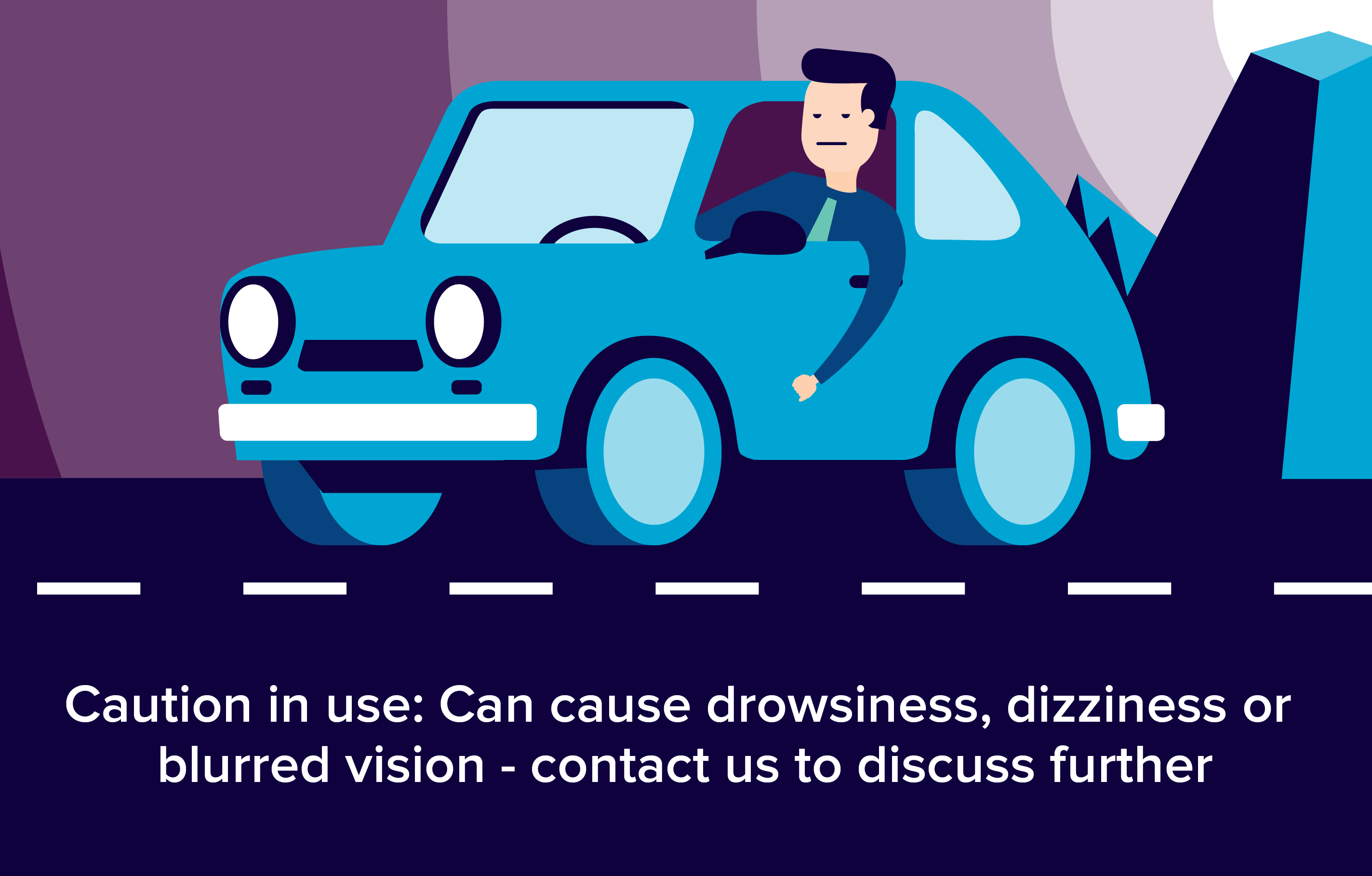Zovirax is used to treat viral infections such as genital herpes (a sexually transmitted infection), cold sores, shingles (sometimes called herpes zoster), and chickenpox. Shingles and chickenpox are caused by the varicella-zoster virus.

How does Zovirax work?
- Zovirax dispersible tablets and Zovirax suspension both contain the active ingredient aciclovir, which is an antiviral medicine used to treat infections with herpes viruses. (NB. Aciclovir is also available without a brand name, ie as the generic medicine.)
- The herpes viruses include the viruses that cause cold sores and genital herpes (herpes simplex 1 and 2) and the virus that causes chickenpox and shingles (varicella zoster or herpes varicellae).
Before taking Zovirax
Before taking zovirax make sure your doctor or pharmacist knows:
- If you are pregnant, trying for a baby or breast-feeding.
- If you have kidney problems.
- If you are over 65 years of age.
- If you are taking other medicines, including those available to buy without a prescription, herbal or complementary medicines.
- If you have ever had an allergic reaction to this or to any other medicine.
How to take Zovirax
- Before beginning treatment, read the manufacturer's printed information leaflet.
- Take zovirax exactly as directed by your doctor. It can be taken before or after food.
- Try to take zovirax at the same times each day to avoid missing any doses. Spread your doses out evenly during the day.
- If you have been prescribed the dispersible tablet form of zovirax they should be dissolved in a glass of water.
- You must complete the course of zovirax, otherwise your infection may return.
- If you forget to take a dose, take it as soon as you remember unless it is nearly time for your next dose, in which case leave out the missed dose. Do not take two doses together to make up for a missed dose.
What is Zovirax used for?
- Chickenpox (varicella zoster infection).
- Shingles (herpes zoster).
- Genital herpes (herpes simplex infection).
- Herpes simplex infections of the skin, eg cold sores.
- Preventing recurrence of herpes simplex infections, eg recurrent cold sores or genital herpes.
- Preventing herpes simplex infections in people with an underactive immune system, eg due to disease or treatment.
Not to be used in
- Allergy to zovirax or valaciclovir.
This medicine should not be used if you are allergic to one or any of its ingredients. Please inform your doctor or pharmacist if you have previously experienced such an allergy.
If you feel you have experienced an allergic reaction, stop using this medicine and inform your doctor or pharmacist immediately.
Pregnancy and breastfeeding
- Certain medicines should not be used during pregnancy or breastfeeding. However, other medicines may be safely used in pregnancy or breastfeeding providing the benefits to the mother outweigh the risks to the unborn baby. Always inform your doctor if you are pregnant or planning a pregnancy, before using any medicine.
- This medicine should be used with caution during pregnancy, and only if the expected benefit to the mother is greater than any possible risk to the developing baby. Seek medical advice from your doctor.
- This medicine passes into breast milk. It should be used with caution by breastfeeding mothers and only if the expected benefit to the mother is greater than any possible risk to the nursing infant. Seek medical advice from your doctor.
Side effects
Medicines and their possible side effects can affect individual people in different ways. The following are some of the side effects that are known to be associated with this medicine. Just because a side effect is stated here, it does not mean that all people using this medicine will experience that or any side effect.
Common (affect between 1 in 10 and 1 in 100 people)
- Headache.
- Dizziness.
- Nausea and vomiting.
- Diarrhoea.
- Abdominal pain.
- Skin reactions such as rash and itch.
- Abnormal reaction of the skin to light, usually a rash (photosensitivity).
- Fatigue.
- Fever.
Rare (affect between 1 in 1000 and 1 in 10,000 people)
- Shortness of breath.
- Alteration in results of liver function tests.
- Allergic reactions such as anaphylaxis or swelling of the lips, tongue and throat (angioedema).
Very rare (affect less than 1 in 10,000 people)
- Decrease in the number of white blood cells (leukopenia), red blood cells (anaemia) or platelets (thrombocytopenia) in the blood.
- Confusion.
- Agitation.
- Tremor.
- Shaky movements and unsteady walk (ataxia).
- Speech problems.
- Convulsions.
- Sleepiness.
- False perceptions of things that are not really there (hallucinations).
- Psychotic symptoms.
- Yellowing of the skin and whites of the eyes (jaundice).
- Inflammation of the liver (hepatitis).
- Kidney pain.
- Kidney failure.
The side effects listed above may not include all of the side effects reported by the medicine's manufacturer. For more information about any other possible risks associated with this medicine, please read the information provided with the medicine or consult your doctor or pharmacist.
How can Zovirax affect other medicines?
It is important to tell your doctor or pharmacist what medicines you are already taking, including those bought without a prescription and herbal medicines, before you start treatment with this medicine. Similarly, check with your doctor or pharmacist before taking any new medicines while taking this one, to make sure that the combination is safe.
There may possibly be an increased risk of side effects on the kidneys if zovirax is used in combination with the following medicines, and your doctor may want to monitor your kidney function if you are taking aciclovir with either of these:
- ciclosporin
- tacrolimus.
The following medicines may decrease the removal of zovirax from the body by the kidneys, but this does not usually require any dose adjustments:
- cimetidine
- mycophenolate
- probenecid.
How to store Zovirax
- Keep all medicines out of the reach and sight of children.
- Store in a cool, dry place, away from direct heat and light.
If you have any more questions please ask your Pharmacist.
Remember to keep all medicines out of reach of children
Please Note: We have made every effort to ensure that the content of this information sheet is correct at time of publish, but remember that information about drugs may change. This sheet does not list all the uses and side-effects associated with this drug. For full details please see the drug information leaflet which comes with your medicine. Your doctor will assess your medical circumstances and draw your attention to any information or side-effects which may be relevant in your particular case.
References:
http://www.patient.co.uk/medicine/Aciclovir.htm
http://www.netdoctor.co.uk/sex-and-relationships/medicines/zovirax-tablets-and-suspension.html
http://www.inhousepharmacy.biz/p-566-zovirax-tablets-400mg-itl.aspx
http://www.rxlist.com/zovirax-drug.htm
http://www.news-medical.net/drugs/Zovirax-200mg-Tablets.aspx
http://www.medicines.ie/medicine/6905/SPC/Zovirax+200+mg+Dispersible+Tablets/
http://www.medicines.org.uk/emc/medicine/9273/SPC




